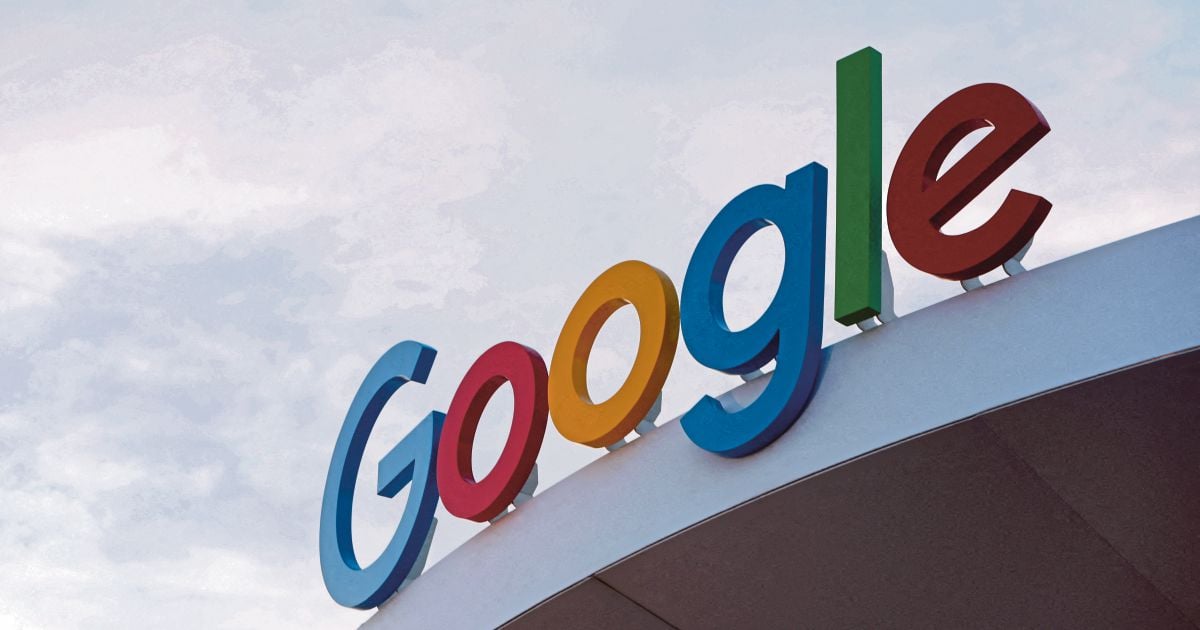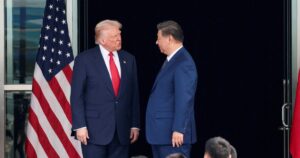THE rapid pace of development in the world of tech, particularly in artificial intelligence (AI), spurred a judge’s cautious approach to curbing Google’s online search monopoly, revealing a hurdle for United States antitrust enforcers’ efforts to win their other cases against Big Tech.
US District Court judge Amit Mehta ruled last year that Alphabet’s Google held an illegal mo-nopoly, saying its dominance in online search “has gone unchallenged for well over a decade”.
But he declined on Tuesday to impose stringent requirements that the government had called for, saying the rise of AI companies in the past two years had already created competitive pressure.
He noted that tens of millions of people used generative AI programs like ChatGPT, Perplexity and Claude in nearly the same way they look for information they previously found on Google.
“Innovation is a hare while antitrust law is a tortoise,” said Adam Kovacevich, head of the Big Tech-funded industry group, Chamber of Progress.
Courtney Radsch, director of the Centre for Journalism and Liberty at the Open Markets Institute, an anti-monopoly group, said the ruling sent the wrong signal to the AI sector.
“It’s really problematic. Because it means antitrust as it is being wielded now is too backward-looking, and it’s not looking at how to prevent illegal anti-competitive behaviour,” she said.
Of the five high-profile ongoing antitrust suits against Big Tech, several of which were initiated by investigations during the first Trump administration in 2019, the Google search case was seen as one of the strongest for US antitrust enforcers.
Now, Big Tech companies facing antitrust suits were likely to use the ruling to their advantage, said John Kwoka, an economics professor at Northeastern University.
“I think this gives an avenue, rightly or wrongly, for some of the other companies that are in the crosshairs to say that technology has made antitrust arguments irrelevant,” he said.
Antitrust regulators have homed in on the tech industry because they saw it as a crucial juncture between entrenching the dominance of big players and allowing startups to thrive.
The US sued Google in 2020 and 2023, Meta Platforms in 2020, Amazon in 2023 and Apple in 2024, and opened probes last year into Nvidia and Microsoft.
In a process that takes years, antitrust cases typically proceed in two phases: a judge first decides whether the company engaged in anti-competitive conduct, and next tackles the question of what it should do to restore competition.
Tuesday’s ruling was the first of the cases to impose requirements on a Big Tech company. Mehta largely adopted Google’s proposal.
“The emergence of GenAI (generative AI) changed the course of this case,” said Mehta in the ruling, calling it “astonishing” how quickly billions of dollars had flowed in to the nascent industry.
ChatGPT was not released until 2022, two years into the case. A year later, when Google faced its first trial on the question of whether it held a monopoly, no witness cited AI as a near-term threat to search, the judge wrote.
Now, AI companies are such a factor that the judge said they should be allowed to access Google’s data to help boost competition with its search engine.
Meta Platforms and Apple are likely to highlight the ruling in their own cases.
For example, the US Federal Trade Commission is seeking to make Meta sell off Instagram and WhatsApp, saying the acquisitions were aimed at neutralising upstart competitors to Facebook’s supremacy in the market for platforms where users shared updates with friends and family.
Meta has argued that the scene has shifted in the past five years since the case was brought, through the explosion in TikTok’s popularity and users’ growing preference for sharing in group chats instead of posting on social media platforms.
Apple, which faces allegations of using restrictions on third-party developers to make it harder for iPhone users to switch, has argued antitrust enforcers are threatening innovation by seeking control of its product design.
To be sure, even where judges are leery of going too far, pressure from antitrust cases has precipitated change.
Ahead of trial this year, Google dropped restrictions on device makers who receive advertising revenue in exchange for making its search engine the default on new devices, allowing them to load competitor products.
* The writer is from Reuters
© New Straits Times Press (M) Bhd






